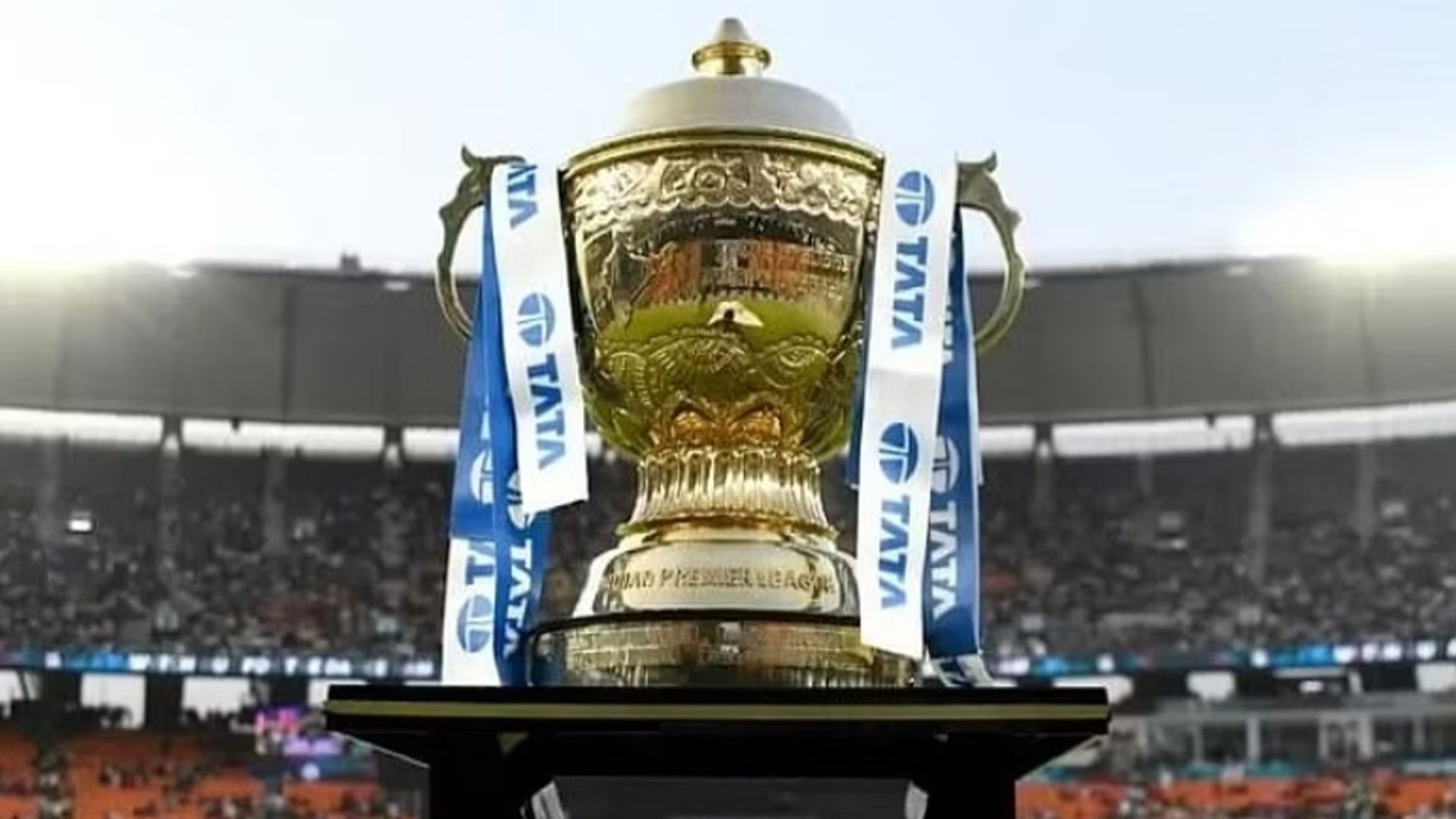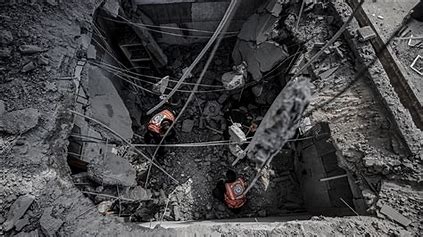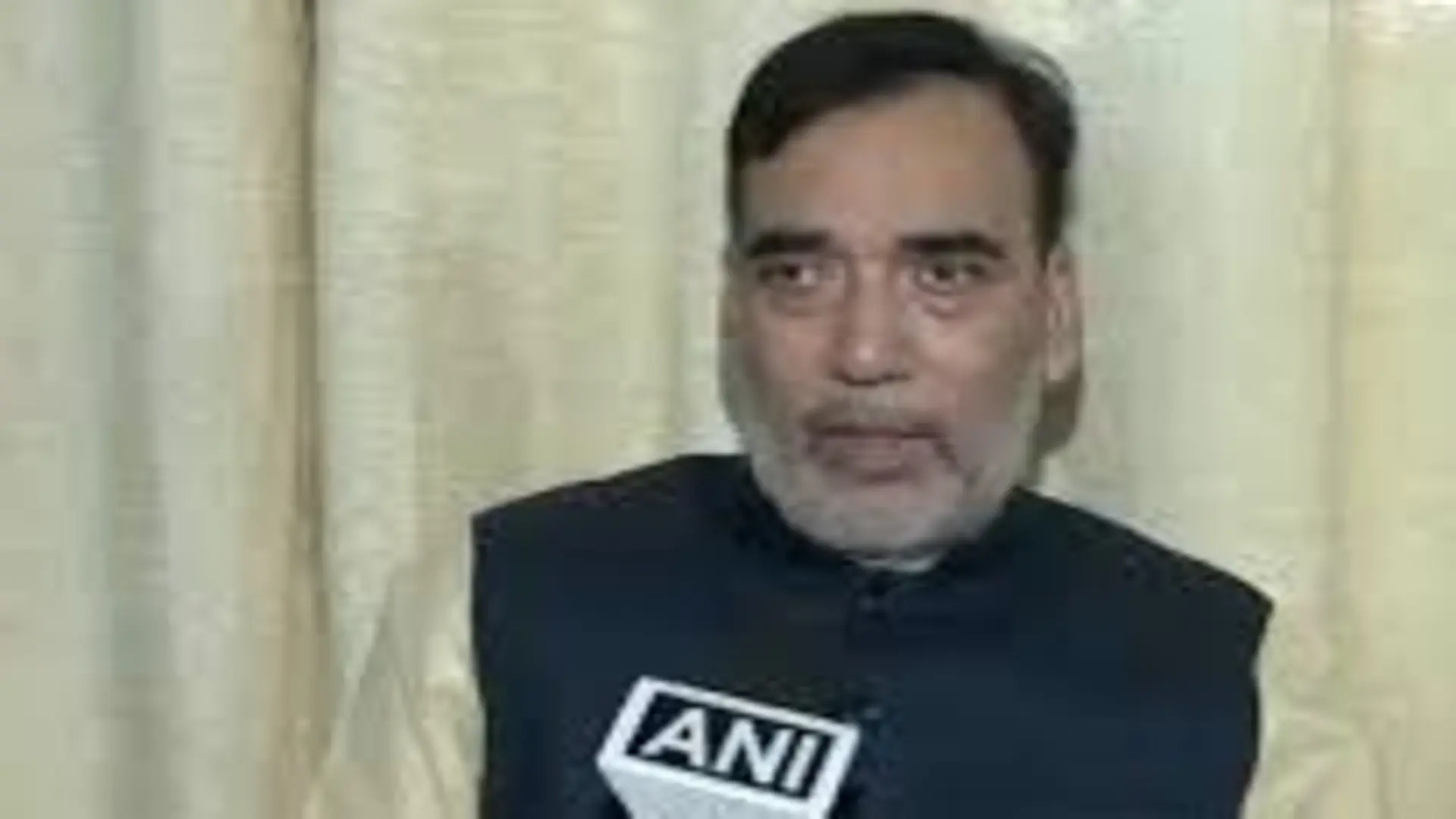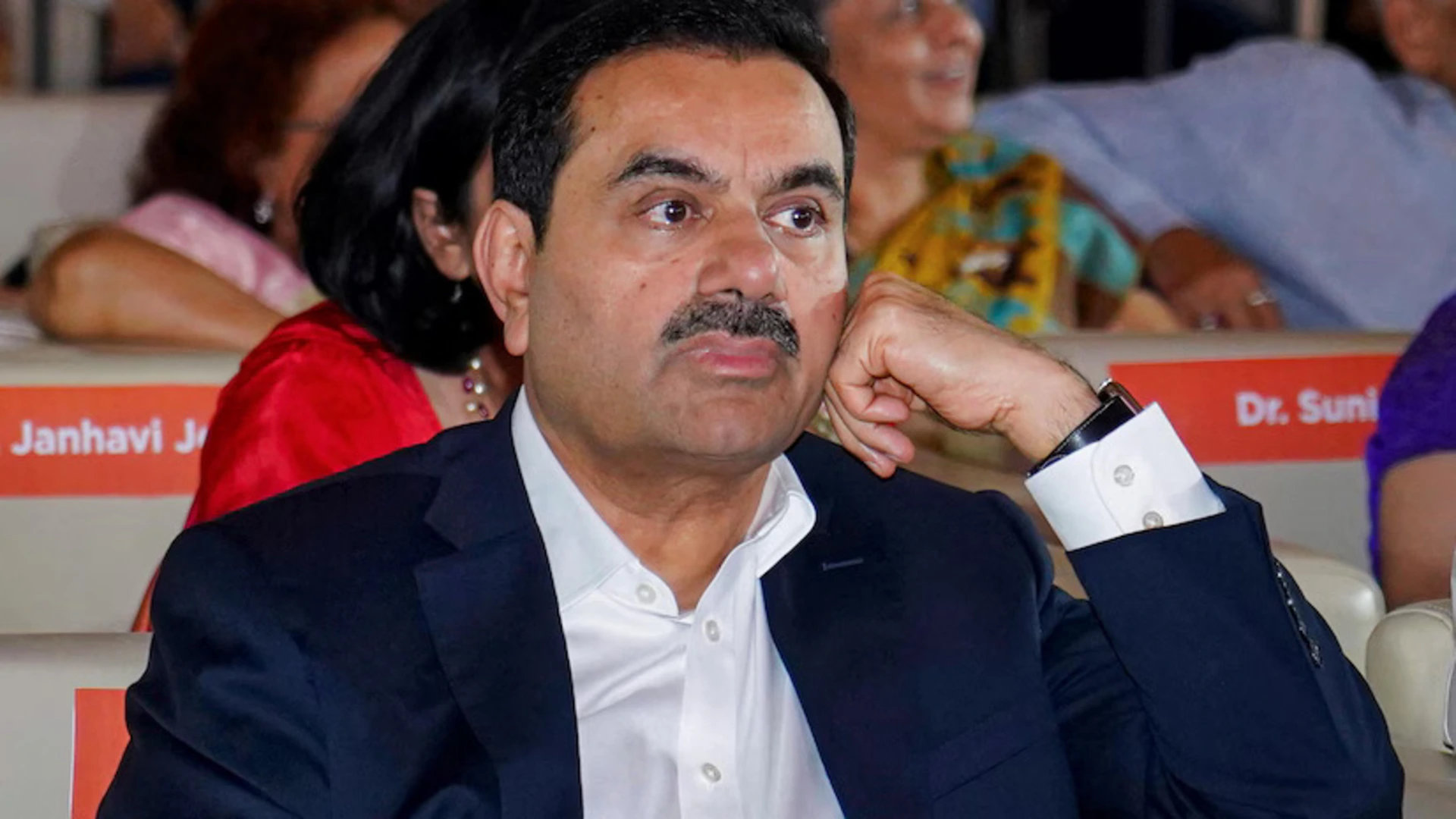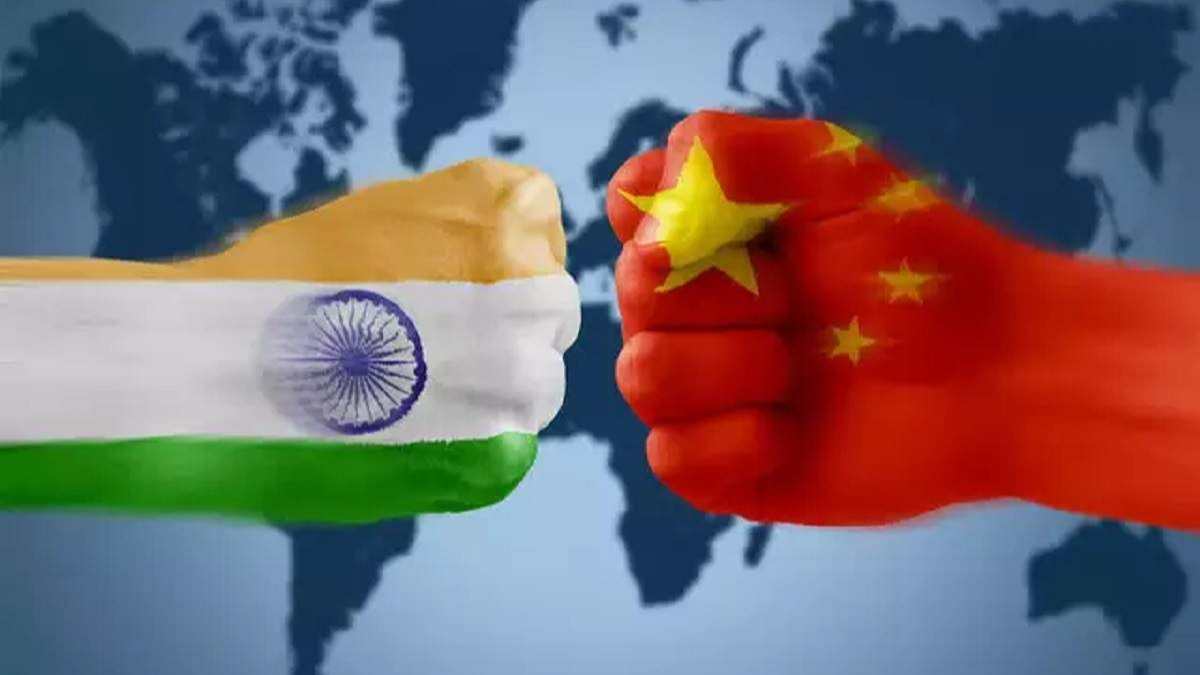
With seventh round of talks at the level of Senior Commanders being planned to end the Line of Actual Control (LAC) standoff between India and China, New Delhi has, in no uncertain terms, told Beijing that the way ahead to resolve the situation in eastern Ladakh is not to unilaterally change the situation on the ground.
This categorical message was given by the External Affairs Ministry on Thursday. MEA spokesman Anurag Shrivastava, in response to reporters’ queries, said, “The way ahead will be to refrain from making any attempts to unilaterally change the status quo, while the two sides continue their discussions to achieve complete disengagement in all friction areas and to ensure full restoration of peace and tranquility in the border areas.”
What the MEA spokesman has said is actually being seen as India’s warning to China against any possible aggressive behaviour along the LAC again, even as the talks to resolve the problems are going on. The reaction o f M E A spokesman has come days after the sixth round of discussions between senior commanders of India and China. In this meeting, both the nations had resolved not to send more troops to the Ladakh frontline.
Sources said that despite China being engaged in dialogues with India at military and diplomatic levels, the possibility of PLA troops showing some sort of misadventure cannot be ruled out. That’s why India has sounded a caution to China on the same.
The repeated emphasis on stability on ground came after the Chinese provocation of 31 August, which took place as ground commanders of the two sides were engaged in discussions to de-escalate the situation.
Underscoring India’s push for the restoration of status quo ante, the ministry spokesman said disengagement is a complex process that requires “redeployment of troops by each side towards their regular posts on their respective sides of the Line of Actual Control,” and reciprocal action.
The reference to troops needing to “refrain from unilaterally changing the situation in the ground and avoid taking actions that may complicate the situation” was also there in the joint statement issued after Monday’s talks between the commanders.
The Chinese had engaged in repeated provocations last month in the middle of the disengagement process, which started after talks between National Security Advisor Ajit Doval and his Chinese counterpart in July.
